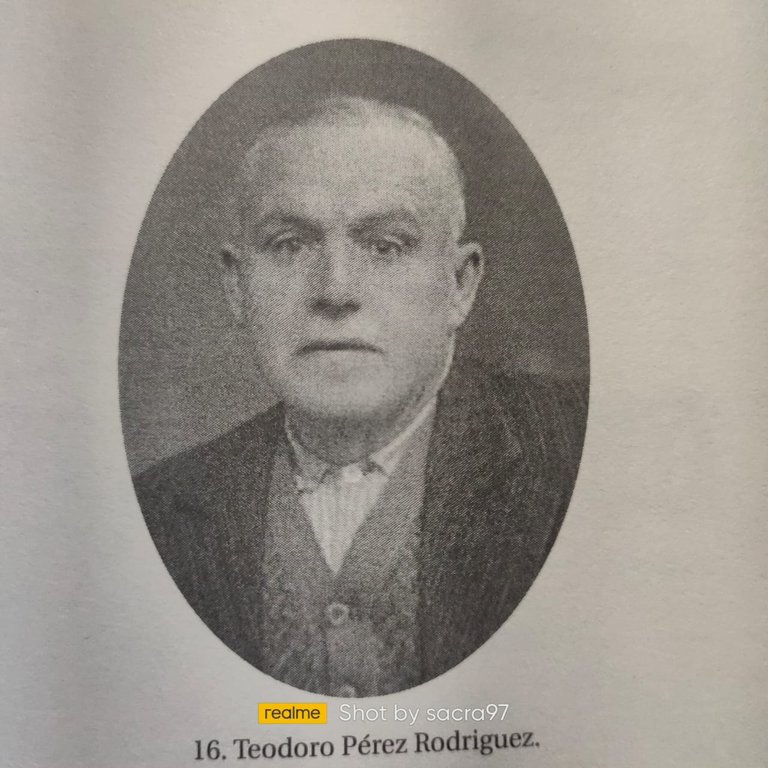
El abuelo Teodoro era muy estricto y correcto, por lo menos eso es lo que decía mi madre. Fue así como dijo que uno de sus hijos seria cura y una de sus hijas seria monja. Lo que decía se debía cumplir. El cuidaba el huerto y la noria del duque de la región. Y era muy estricto, no dejaba que nadie tomara nada de la siembra y de los árboles del huerto.
Ni siquiera las naranjas, ni duraznos que estaban en el suelo podían ser agarrados por sus hijos. Aquello era un delito para el. El duque veía aquel comportamiento un poco exagerado y siempre le decía que podían tomar de las frutas lo que necesitaran.
Fue así como el duque viendo tan flacos los hijos del cuidador le encargo una gran pata de jamón para que la colgara en su entrada mientras se cocinaba en sal. El duque estaba seguro que estaría comida para final del mes. Así que le hizo una apuesta al cuidador, que si lo encontraba entero se lo regalaría. Su intención siempre era a la final que se alimentaran del jamón.
Pero el duque no contaba con la honestidad exagerada de mi abuelo Teodoro. Le daba cada tarde un pedazo de pan a los cinco niños y salia al frente de la casa y les hacia pasar el pan por la sombra que proyectaba la pierna de jamón. Y les decía: que bien sabe este trozo de jamón ¿verdad?
Al final del mes el duque fue a ver cuanto quedaba de la pata de jamón y al verla entera y al cuidador pasando un trozo de pan por la sombra de esta. Dio por terminada la apuesta y como ganador al cuidador.
Este texto corresponde a mi participación en el reto diario del amigo @latino.romano y @mariannewest
ENGLISH VERSION
Grandfather Teodoro was very strict and proper, at least that's what my mother used to say. He said one of his sons would be a priest and one of his daughters would be a nun. What he said had to be done. He looked after the orchard and the waterwheel of the Duke of the region. And he was very strict; he didn't allow anyone to take anything from the crops or the orchard trees.
Not even the oranges or peaches left on the ground could be picked by his children. That was a crime in his eyes. The Duke saw this behavior as a bit excessive and always told them they could take whatever they needed from the fruit.
So the Duke, seeing the caretaker's children so thin, ordered a large leg of ham to hang in his entryway while it cooked in salt. The Duke was sure it would be eaten by the end of the month. So he made a bet with the caretaker that if he found it whole, he would give it to him. His intention was always to feed them on the ham.
But the duke didn't count on my grandfather Theodore's exaggerated honesty. Every evening, he gave the five children a piece of bread and went out to the front of the house to have them pass the bread through the shadow cast by the leg of ham. And he would say to them, "This piece of ham tastes good, doesn't it?"
At the end of the month, the duke went to see how much of the leg of ham was left. When he saw it whole, and the caretaker passing a piece of bread through its shadow, he declared the bet over and declared the caretaker the winner.
This text corresponds to my participation in the daily challenge of my friend @latino.romano and @mariannewest
Traducido con google (versión gratuita)
Photos with source identified
Translated with google (free version)
